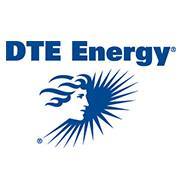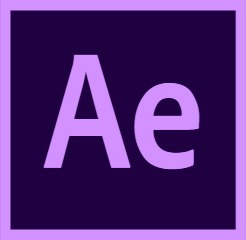Agisoft PhotoScan 1.4.1 – CPU and GPU Preferences
PhotoScan makes use of both the CPU and GPUs (video cards) in a computer, during different steps of the photogrammetry workflow. One of the configuration options within this program also allows the CPU to be utilized during steps that are primarily performed on the GPU – and it is enabled by default. However, we have found in our testing that this option usually hampers performance more than it helps!
Agisoft PhotoScan 1.4.1 – Multi GPU Scaling
PhotoScan makes use of the video cards in a computer to assist with the computation of certain steps. As such, both the model of video card used and the number of GPUs present in a system can have an impact on the amount of time those steps take. In this article, we take a look at how multiple GeForce GTX 1080 Ti cards scale in performance across a few different CPU platforms.
Agisoft PhotoScan 1.4.1 – GeForce GPU Comparison
PhotoScan makes use of the video cards in a computer to assist with the computation of certain steps. As such, the model of video card used can have an impact on the amount of time those steps take. In this article, we take a look at the GeForce 1000-series – based on NVIDIA’s Pascal GPU architecture – to see how they compare to each other.
Case Study with DTE Energy
Designer, Kevin Airgid, uses a Recommended System for Adobe After Effects CC to create large-venue motion graphics.
Agisoft PhotoScan 1.4.1 – PCI Express Scaling
PhotoScan makes use of the video cards in a computer to assist with the computation of certain steps. The performance of an individual video card, or GPU, is known to impact the processing speed – but what about the connection between the video card and the rest of the computer? This interconnect is called PCI Express and comes in a variety of speeds. In this article, we will look at how PhotoScan performance scales across PCI-E 3.0 x4, x8, and x16.
Photoshop CC 2018 NVIDIA GeForce GPU Performance
Adobe has been leveraging the power of the GPU in their software more and more, but is there any reason to spend money on an expensive video card for Photoshop?
After Effects CC 2018 CPU Comparison: AMD Ryzen 2 vs Intel 8th Gen
Intel has long been the performance king for After Effects, but AMDs new 2nd generation Ryzen CPUs have shown some great performance gains. Is it enough to let AMD overtake Intel?
Photoshop CC 2018 CPU Performance: AMD Ryzen 2 vs Intel 8th Gen
AMD has made great improvements with the new 2nd generation Ryzen CPUs that really closes the gap between AMD and Intel for Photoshop users. But is it enough to put them above Intel’s 8th Gen CPUs?
How to Use Cinebench to Predict Cinema 4D Performance
Here at Puget Systems, it is our goal to perform realistic testing on the software packages we tailor our workstations toward. Sometimes this is easy, sometimes it is harder… and sometimes a software maker already provides their own benchmark tool. That is the case with Maxon, makers of Cinema 4D, as well as the free benchmark, took Cinebench. To determine whether we should use it, though, we have to ask some questions. Is Cinebench really a good benchmark for Cinema 4D? How do the tests it runs relate to real-world performance?
DaVinci Resolve 14 Performance: Windows vs Linux
Linux is often considered the operating system of choice for power users, but does DaVinci Resolve actually perform any better in it than in Windows? Even if it does, is it enough to compensate for Linux’s much higher learning curve?









